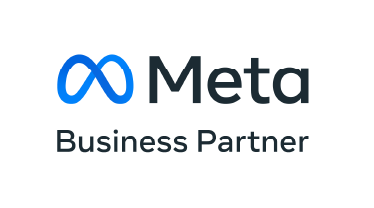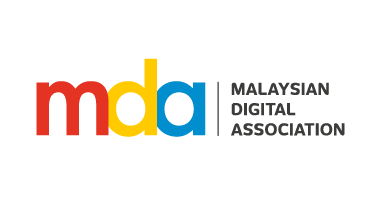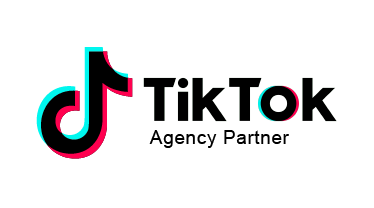Understanding The Importance Of User Intents In SEO
What is user intent and why is it so important? In the current digital environment, a major part of understanding how to do better is to understand what your users are looking for, and why.
Search intent is determining what a person is looking for by analysing the phrases they search for. Specifically, their intention when they seek any sort of information. Identifying the objectives behind a user’s search can be quite challenging in the current day and age. There are billions of users, and each one of these approaches topics from a different perspective.
Still, deciphering user intent can have a significant influence on your SEO and improve the quality of your keyword research. Here are a few things to keep in mind while developing content to better suit your target consumer’s needs.
Table of Contents
How to Identify Intent Types
Google, as we all know, can find almost anything. When it comes to query formulation, the choices are limitless. Fortunately, there are only a few categories they may fall into, making our job easier, if only by a bit.
Informational Intent
More than 80% of searches are considered to be generated with informational intent, implying that consumers have a lot of questions and are seeking answers quickly.
Keywords having informational intent may be quite beneficial to create content around. For example, searching for ‘how to perform keyword research’ yields results that are mostly information that answers the topic.
Identifying the informative purpose in your keywords might help you interact with potential consumers while they’re seeking relevant information, increasing the likelihood that they’ll look at your content.
Transactional Intent
Online transactions are expanding rapidly year after year, which means that transactional intent within keyword research is becoming increasingly important.
When searching online, people enter product names as well as purchasing phrases such as ‘purchase’, ‘discount’, and ‘best price’. Identifying these in your keyword selection might be critical for your PPC campaigns and your user intent SEO since Google can detect transactional intent from these terms and create shopping adverts.
Navigational Intent
Navigational intent is, as the name suggests, when a user searches for a specific website or page to navigate to. Using branded keywords can help improve your organic SEO ranks, deliver relevant visitors, and boost conversions. With this in mind, your brand would be more prominent in search results.
This means that the results should offer useful material about your brand that gives the consumer a clear summary of your company and the suitable landing page from which to browse further.
Should We Look Into the Structure of Search Queries More In-Depth?
The answer is a big, resounding yes. Optimising your pages with the proper keywords and user intent in mind may generate more relevant traffic to your site, lower your bounce rate, and improve page clicks, leading to more excellent conversion rates.
We may make well-informed assumptions about users’ minds and target more narrowly by using mindful language and targeted terminology.
Finally, let’s talk about why verbs and nouns are important.
Nouns appear in more than 70% of search searches. Proper nouns like “London” or “Jane” frequently account for 40% of this figure. As a result, when consumers formulate a question, they look to find a very particular response.
Taking that concept further, while you’re writing content for your website, it’s critical to incorporate proper nouns wherever feasible in your keyword selection to make your material relevant to your target audience.
Including proper nouns in your keyword selection, such as ‘Brighton’, helps localise the search and make it more relevant to the user. For example, ‘buy a kitten in Brighton’ is a lot more useful than just ‘buy a kitten’, which may yield results from all over the world.
Using the proper noun ‘Brighton’, you reduce search volume and provide a more relevant and localised search, allowing you to give the consumers what they want: quick, easy, and straightforward answers!
To take kittens into our next example, verbs are equally significant in search queries. When you search for kittens, you’re most likely to get photographs and videos of kittens. Adding the word ‘buy’ in the query indicates why you’re looking for kittens to begin with, and directs Google to kittens for sale rather than just cute photos.
Not only do verbs and nouns assist in localisation, they may also be used to determine which intent type group users belong to.
Optimising Content
Optimised content is the key, not just for SEO, but also for establishing a stronger connection with your target audience. Your business will prosper in the digital world if you grasp user intent and transform it into content. More researched and educated content will link you with your target audience in more meaningful and relevant ways.
When it comes to optimising content for user intent, you should begin with a thorough content analysis of our target audience, demographics, and user behaviour. Based on the findings, you can modify the content of each landing page, add the appropriate call to actions, and develop valuable pages that were previously missing from the website.
If you are unsure of user intention in SEO, you can consult with our digital marketing agency Primal Malaysia, who will advise you on the best SEO services in Malaysia. The right SEO campaign can make a big difference in the success of your company.
Primal’s seo malaysia has a team of experienced professionals who can help you with a wide range of services ranging from international SEO, link building, mobile SEO, and more.










Join the discussion - 0 Comment